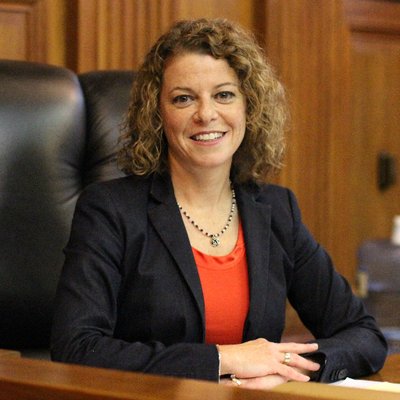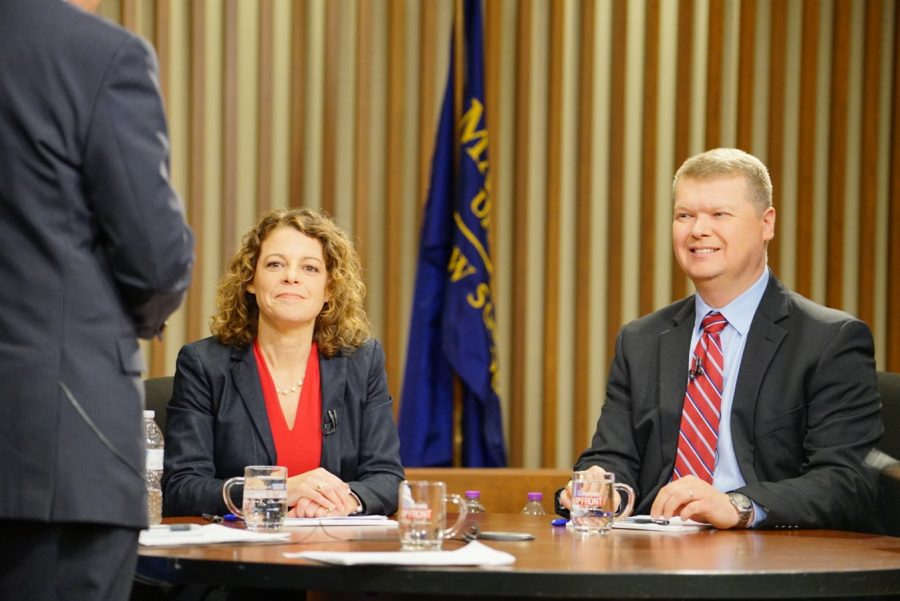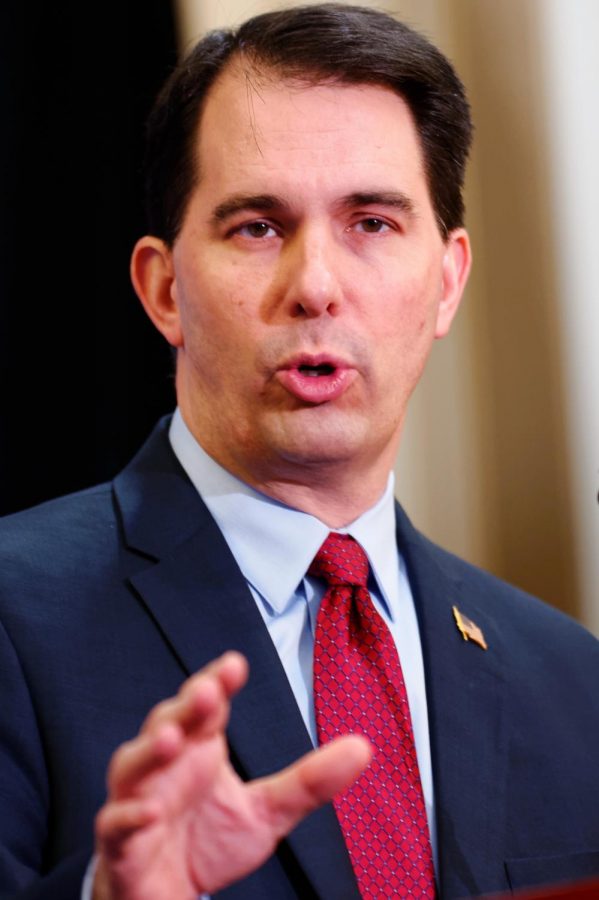Milwaukee County Executive Scott Walker stressed the importance of limited government and continued commitment to fiscal responsibility in his 2010 county budget proposal, presented to the county board of supervisors last Thursday.
The county, which was suffering financially when Walker took office in 2002 because of a pension scandal that cost tens of millions of dollars, will have cut its outstanding debt from 2002 by 28 percent by 2012, Walker said.
While Walker focused on controlling government spending, he made it clear that cutting county services was not part of his plan.
“Greater innovation will allow us to maintain essential government services without sacrificing community assets that enhance our quality of life,” Walker said in his address.
These assets include the county park system, General Mitchell International Airport and the Milwaukee County Transit System.
Walker proposed an acceleration of the city’s building program by starting $395 million in projects by the end of 2010. This money includes $38.6 million for highways, bridges and roads, $142 million for airport improvement and expansion and $38 million for parks. The proposal would also add 125 clean diesel buses to the county’s mass transit fleet by the end of 2012, at a cost of $46 million.
The budget proposal also included fare adjustments on county buses, including a 25-cent fare increase, a new 25-cent transfer fee and increasing the price of student bus passes from $42 to $45. The adjustments are projected to add $3.7 million in county revenue.
Innovation in delivery of county services also makes it possible for Walker to keep property and sales tax levels constant, which is a big part of his philosophy in creating the budget, said Fran McLaughlin, director of communications for the county executive.
“(Higher taxes) become too much for families to bear when they are developing their own budgets,” McLaughlin said.
Walker has also budgeted for a new Office of Business Development, which will run an operation called Milwaukee County Works. The program will help the 19 municipalities of Milwaukee County attract new employers, McLaughlin said.







